Selecting the appropriate garage lighting is vital for safety, functionality, and efficiency. Good garage lighting improves visibility, aiding in task performance and movement within the space. It also minimizes accident risks and boosts security by deterring potential intruders. Here’s a detailed guide to help you choose the best garage lights for your garage:
- Assess Your Lighting Needs
- General Illumination: This is the primary garage lighting for the entire garage space, ensuring it’s well-lit for all activities.
- Task Lighting: Focused lighting on specific areas where precision work is done, such as workbenches or tool stations.
- Accent Lighting: To highlight specific areas or objects, adding aesthetic appeal and functionality.

- Small Garage (1-car): Requires fewer lights with lower lumen output.
- Medium Garage (2-car): Needs more garage lighting fixtures or higher lumen lights to cover the space effectively.
- Large Garage (3-car or more): Requires multiple high-lumen lights to ensure adequate illumination across the larger area.
- Ceiling Lights: Best for general illumination.
Fluorescent Fixtures: Provide good light coverage but are less efficient and contain mercury.
- Shop Lights: Perfect for task areas such as over workbenches.
LED Shop Lights: Bright, energy-efficient, and durable.
Fluorescent Shop Lights: Also common, but less efficient than LEDs.
- Motion Sensor Lights: Enhance convenience and security by automatically turning on when motion is detected.
- Utility Lights: Portable lights that can be moved to where they are needed most.
- Consider Lumen Output
- General Lighting: Aim for 50-75 lumens per square foot.
- Small Garage (250 sq ft): 12,500-18,750 lumens.
- Medium Garage (500 sq ft): 25,000-37,500 lumens.
- Large Garage (750 sq ft): 37,500-56,250 lumens.
- Task Lighting: Additional 300-500 lumens per square foot in task areas to ensure adequate brightness for detailed work.

- Select the Right Bulb Type
- LED Bulbs: Highly efficient, long lifespan, and available in various color temperatures. They provide bright, clear light and are cost-effective in the long run.
- Fluorescent Bulbs: Good for general garage lighting, but contain mercury and are less energy-efficient than LEDs.
- Incandescent and Halogen Bulbs: Less common due to high energy consumption and shorter lifespan.
- Check Color Temperature
- Cool White (4000K-5000K): Ideal for work areas as it mimics daylight, reduces eye strain, and improves visibility.
- Warm White (2700K-3000K): Suitable for a more relaxed ambiance but not typically recommended for task-heavy environments due to lower brightness and potential for causing eye strain over prolonged use.
- Look for Additional Features
- Dimmable Lights: Offer adjustable brightness levels, allowing you to control the intensity of the light based on your needs.
- Smart Controls: Allow for remote control via smartphone apps or voice assistants, adding convenience and flexibility.
- High CRI (Color Rendering Index): A CRI of 80 or above ensures better color accuracy, which is important for detailed work.

- Evaluate Installation and Maintenance
- Ease of Installation: Consider fixtures that are easy to install, especially if you plan to do it yourself. Many LED fixtures come with simple plug-and-play installation options.
- Maintenance Requirements: Opt for garage lights that require minimal maintenance and have a long lifespan. LEDs typically need less maintenance compared to fluorescent or incandescent bulbs.
Summary
To choose the best garage lights:
- Assess your lighting needs: Determine whether you need general, task, or accent lighting.
- Determine the size of your garage: This will help you figure out how many lumens you need.
- Choose suitable garage lighting fixtures: Consider ceiling lights, shop lights, motion sensor lights, and utility lights based on your requirements.
- Ensure adequate lumen output: Calculate the total lumens needed for your garage size.
- Select the appropriate bulb type: LEDs are generally the best choice due to their efficiency and longevity.
- Consider color temperature and additional features: Choose the right color temperature and look for features like dimmability and smart controls.
- Evaluate ease of installation and maintenance: Ensure the fixtures are easy to install and require minimal maintenance.
By considering these factors, you can select the right garage lighting that will provide optimal illumination, enhance functionality, and improve the overall safety and aesthetics of your garage.


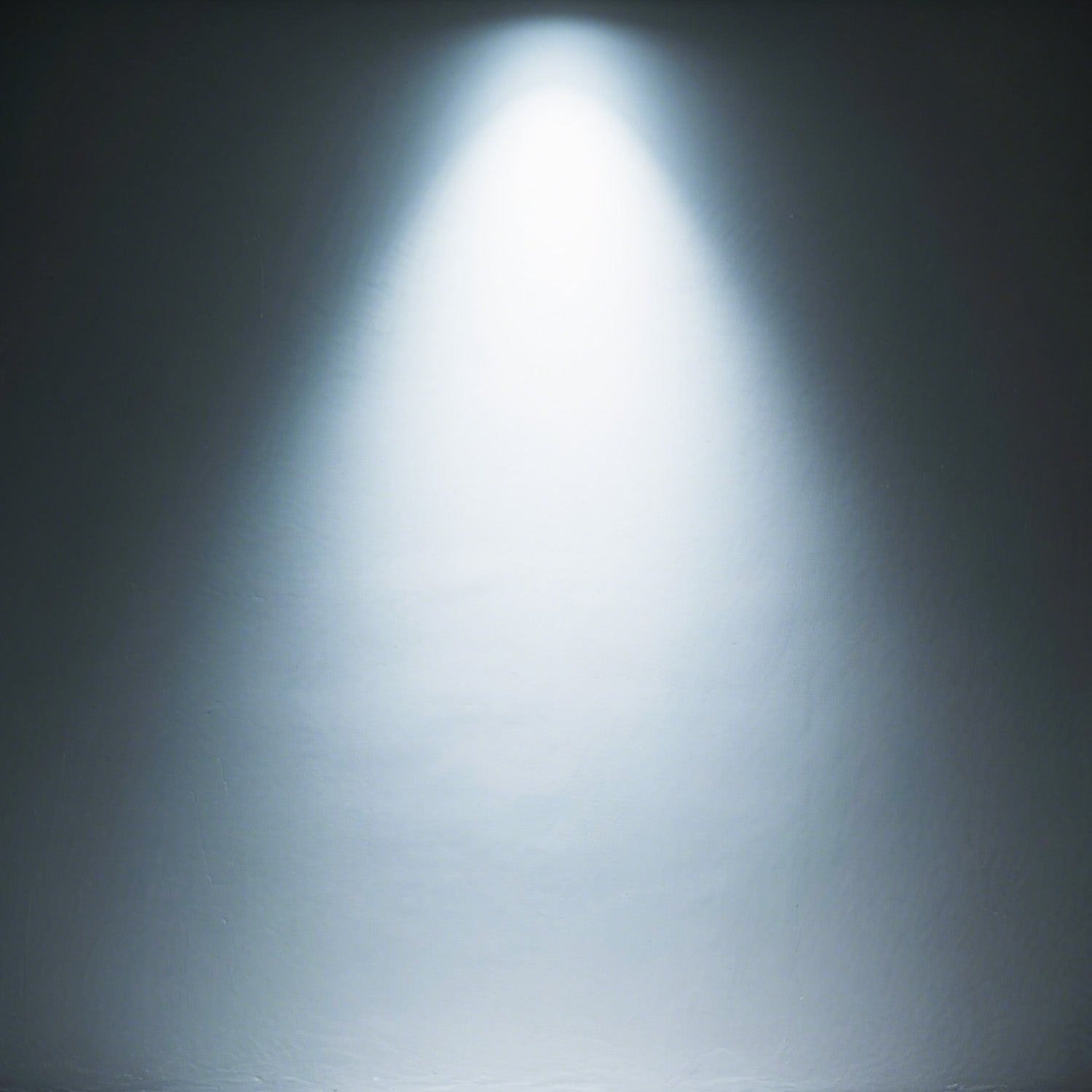
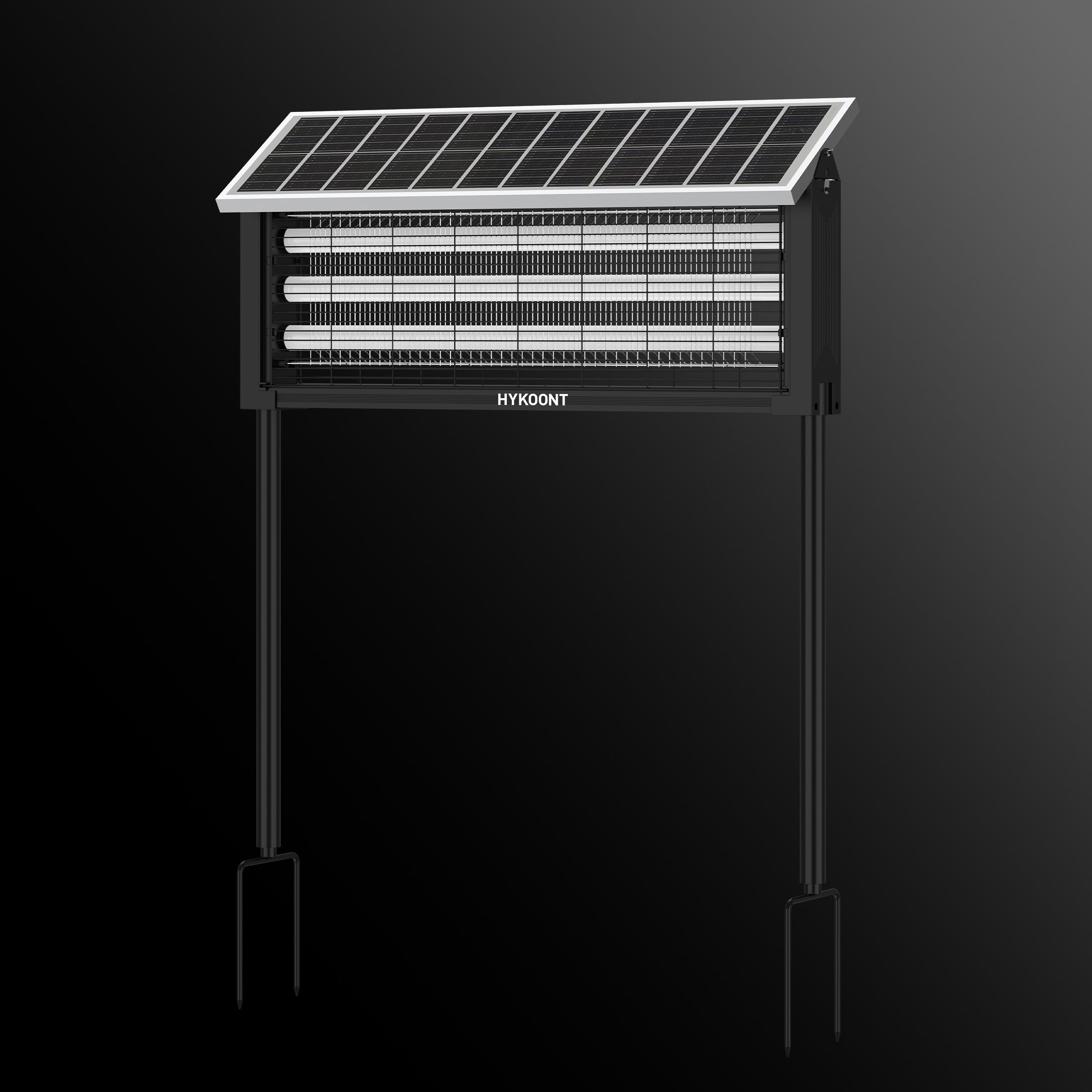
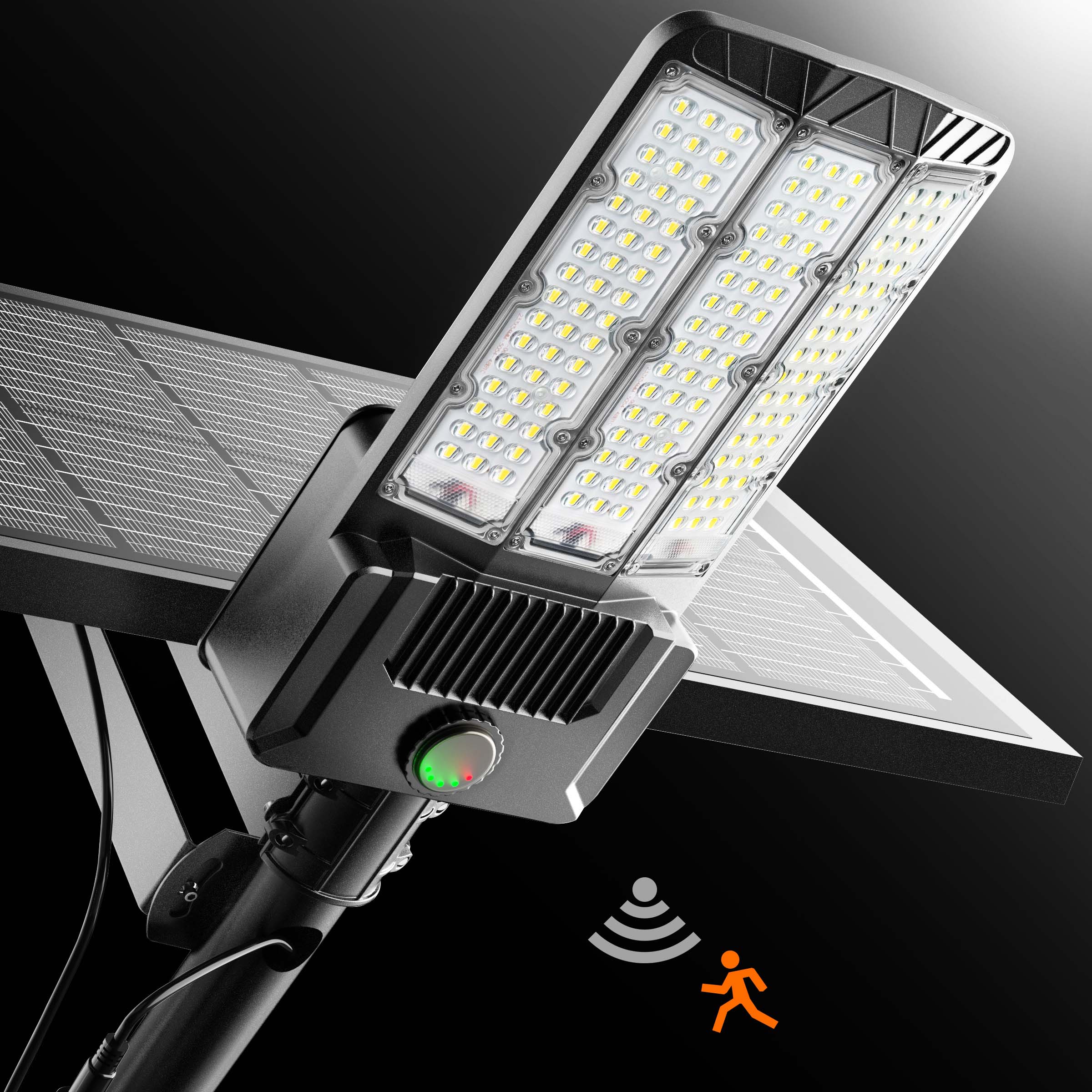
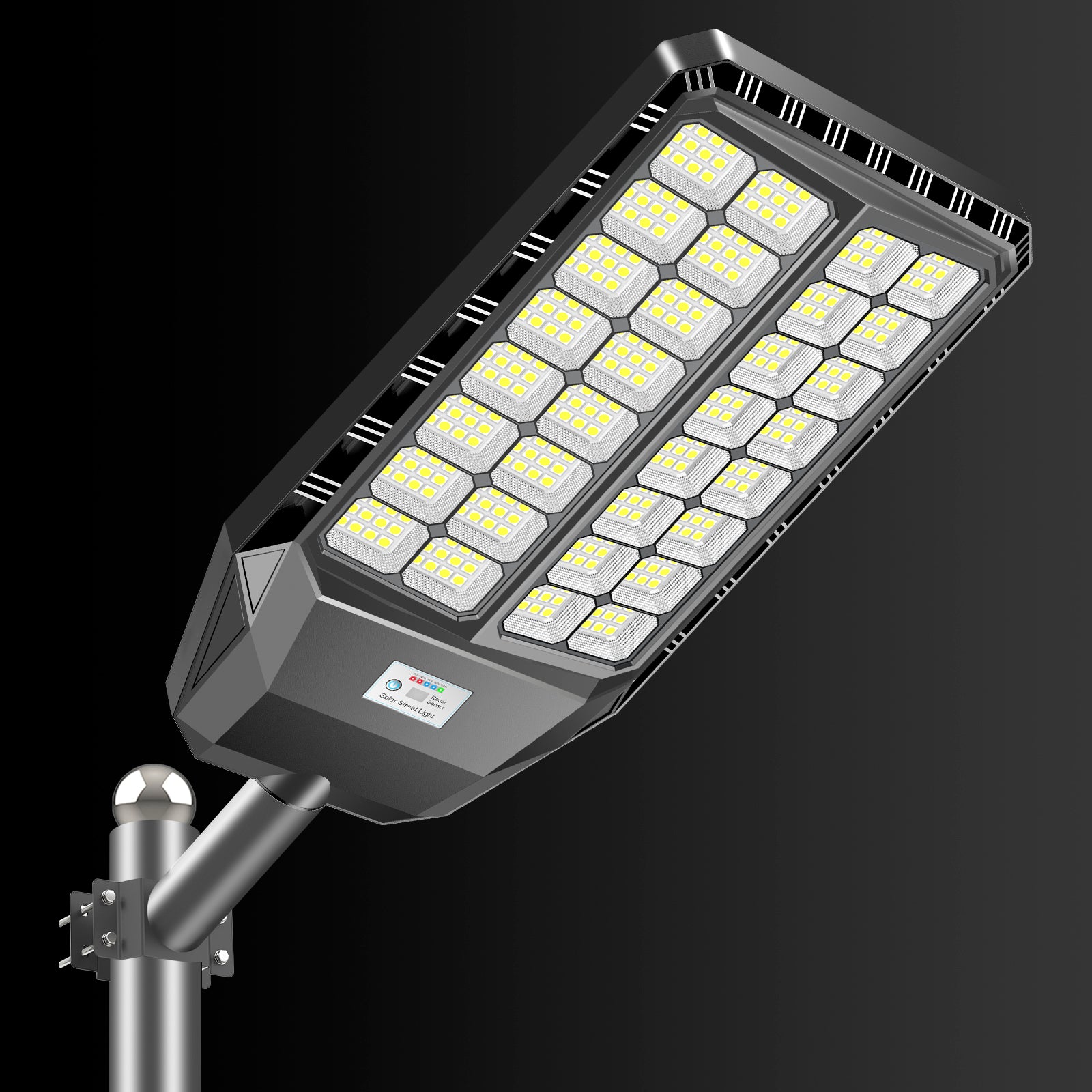
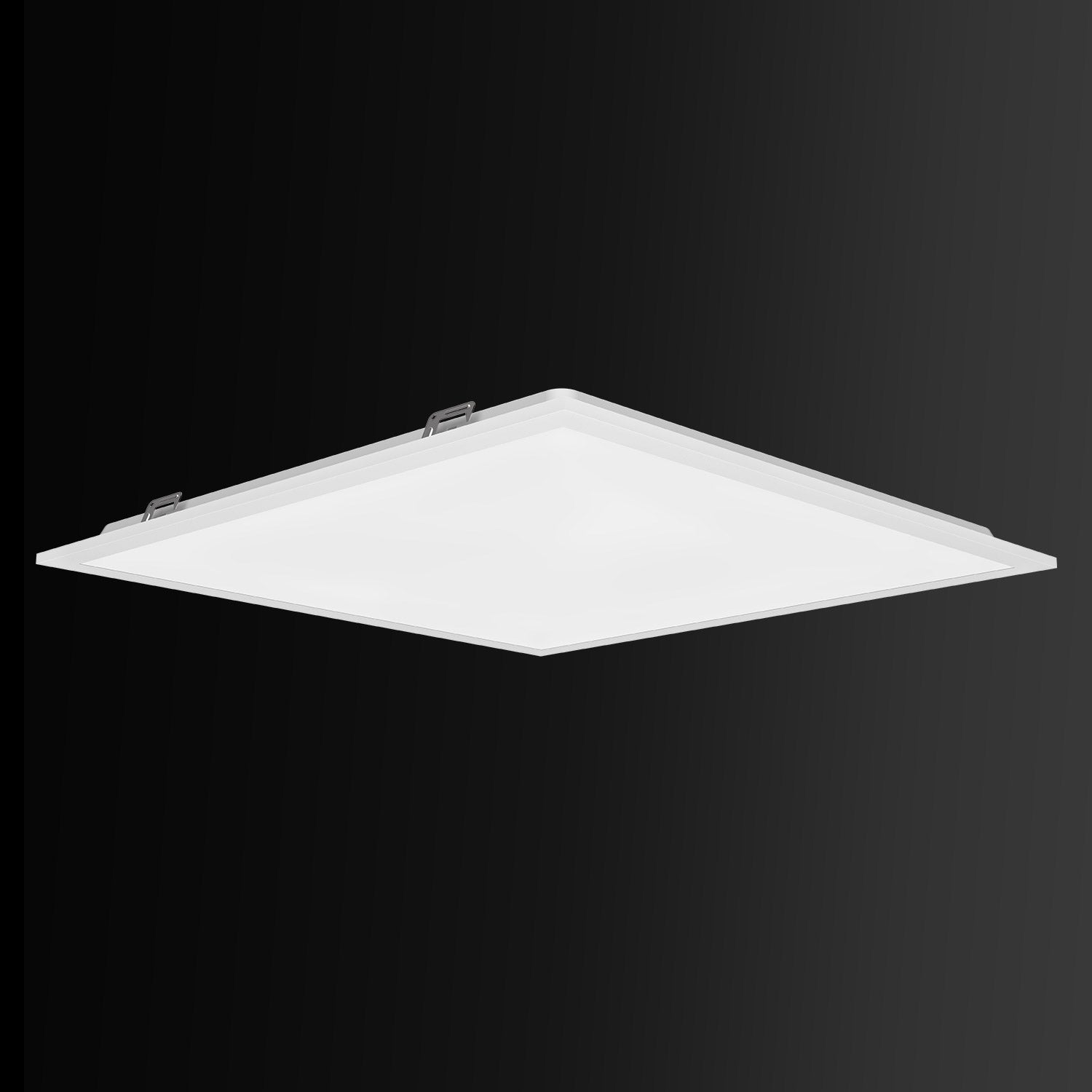
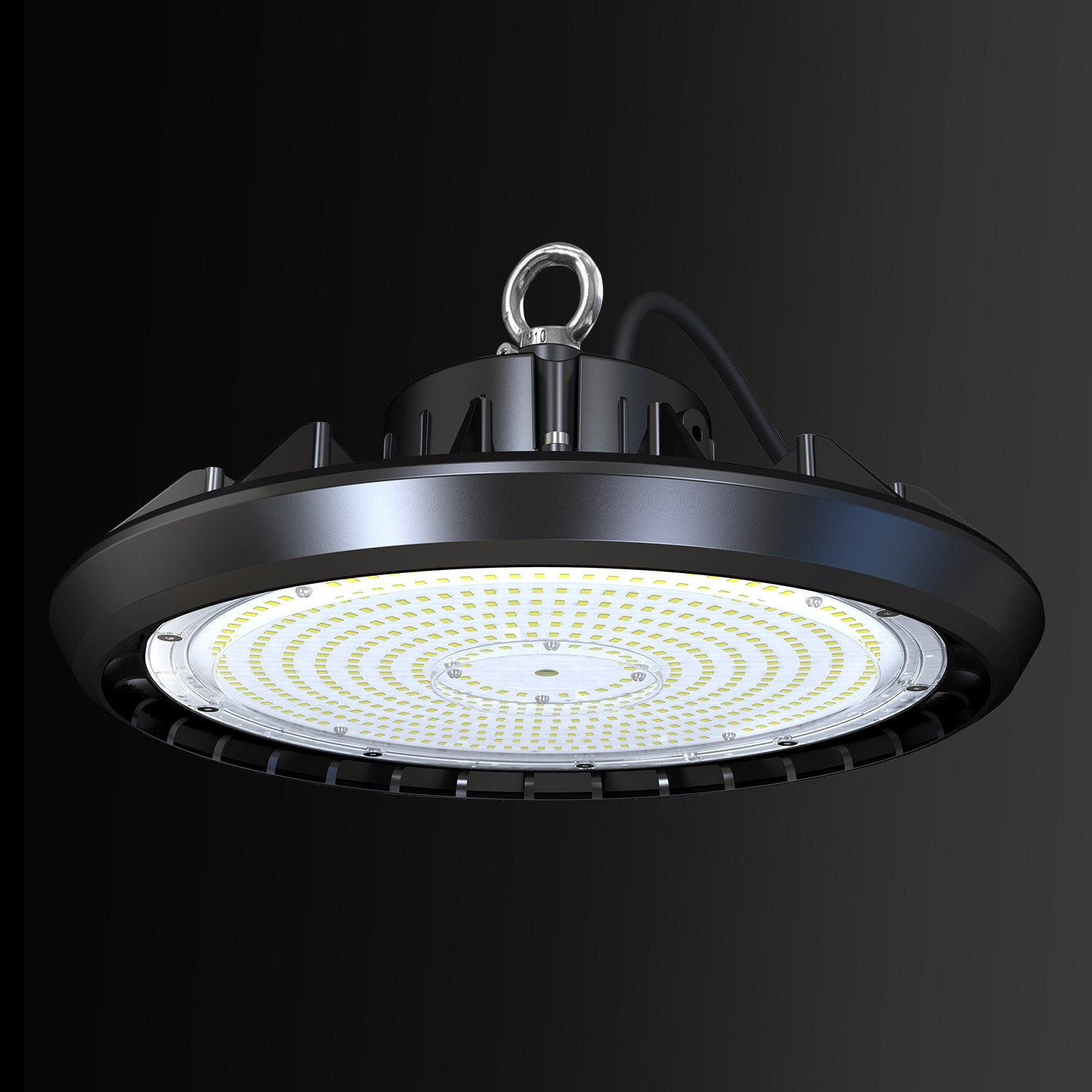
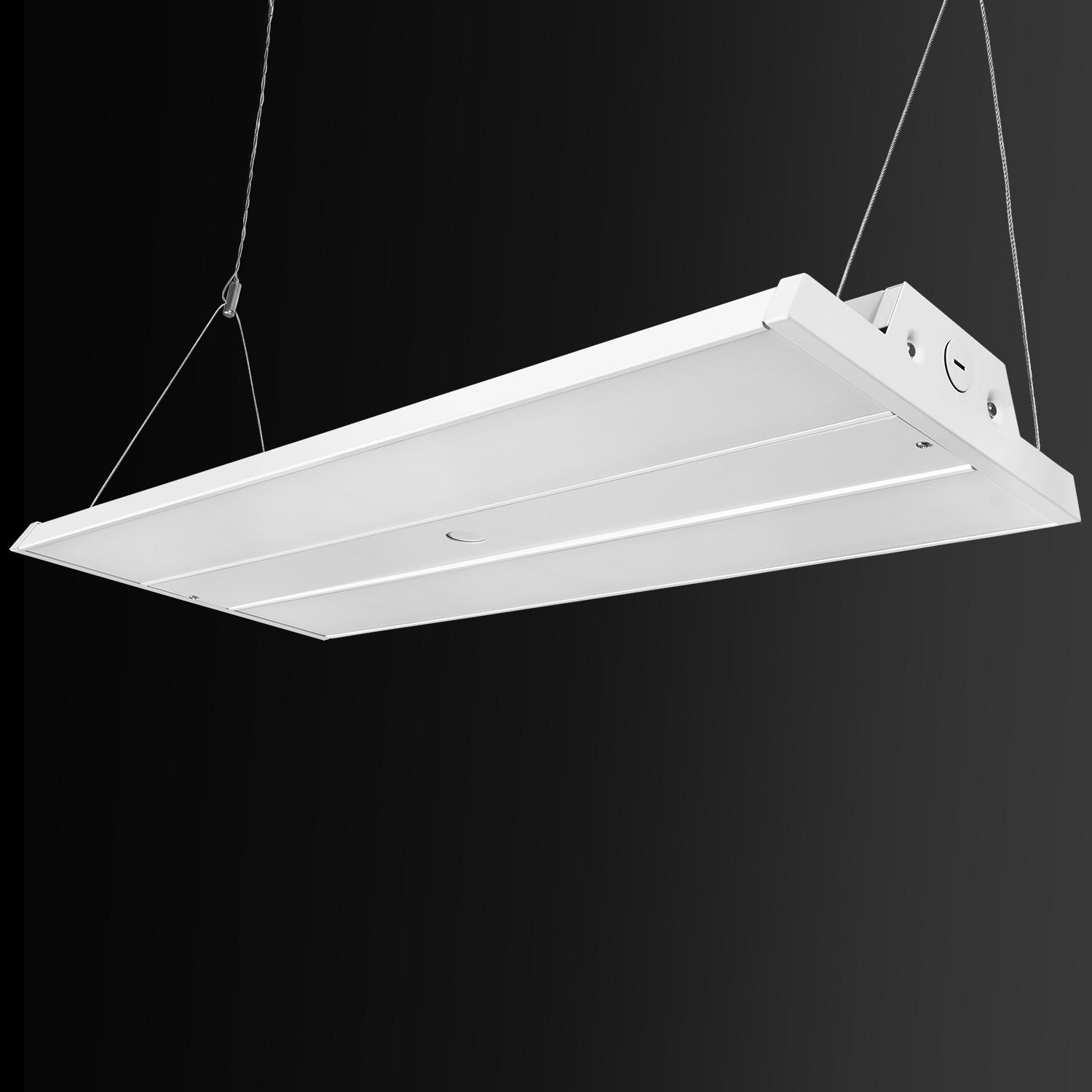
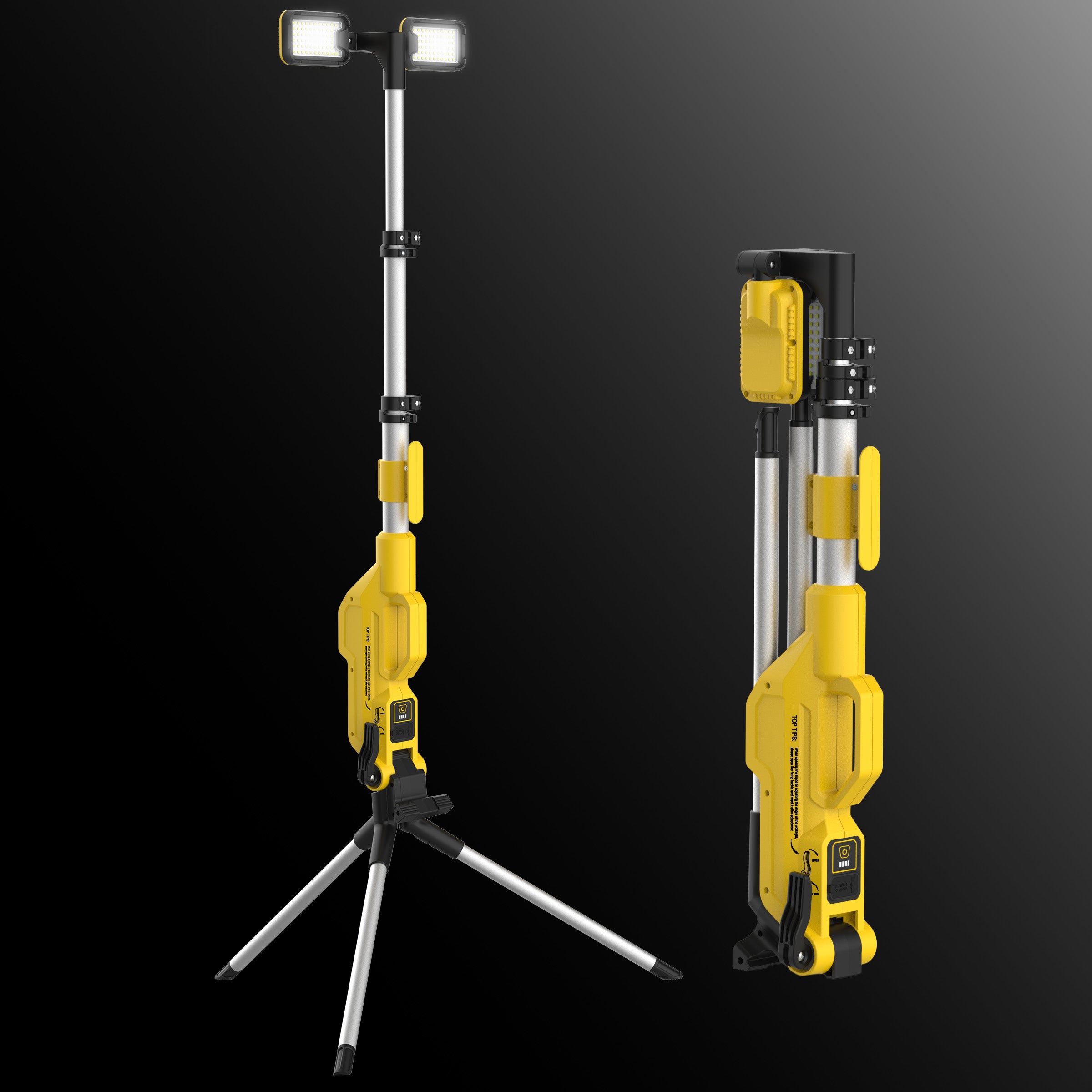
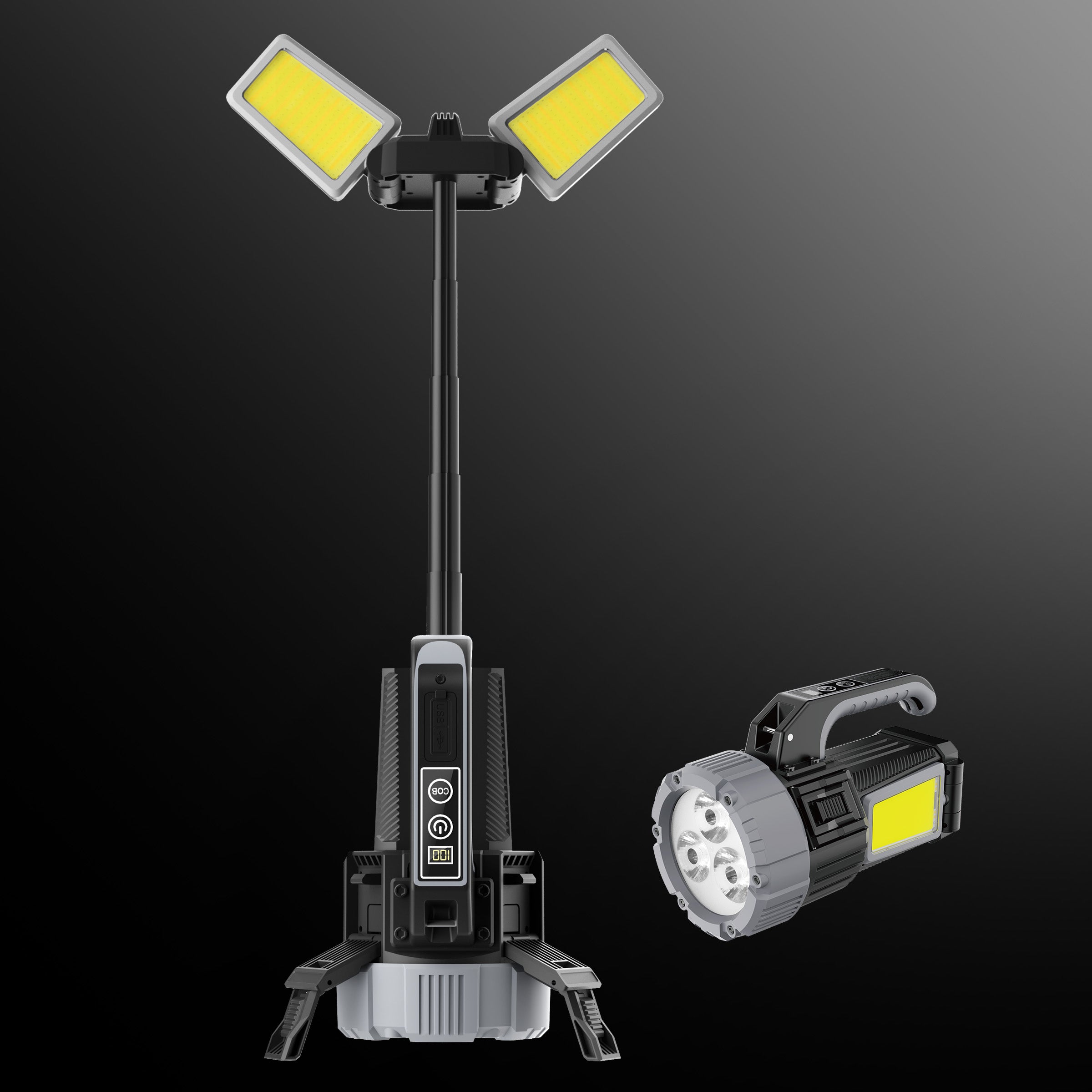


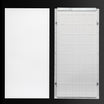
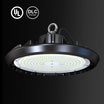
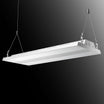


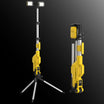
![[50%OFF] Hykoont LS018 Multi-Function 2 in 1 Flashlight Portable Extendable Adjustable Brightness CCT Bright](http://hykoont.com/cdn/shop/files/HYK-STDG18-2.jpg?v=1765273877&width=104)
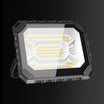



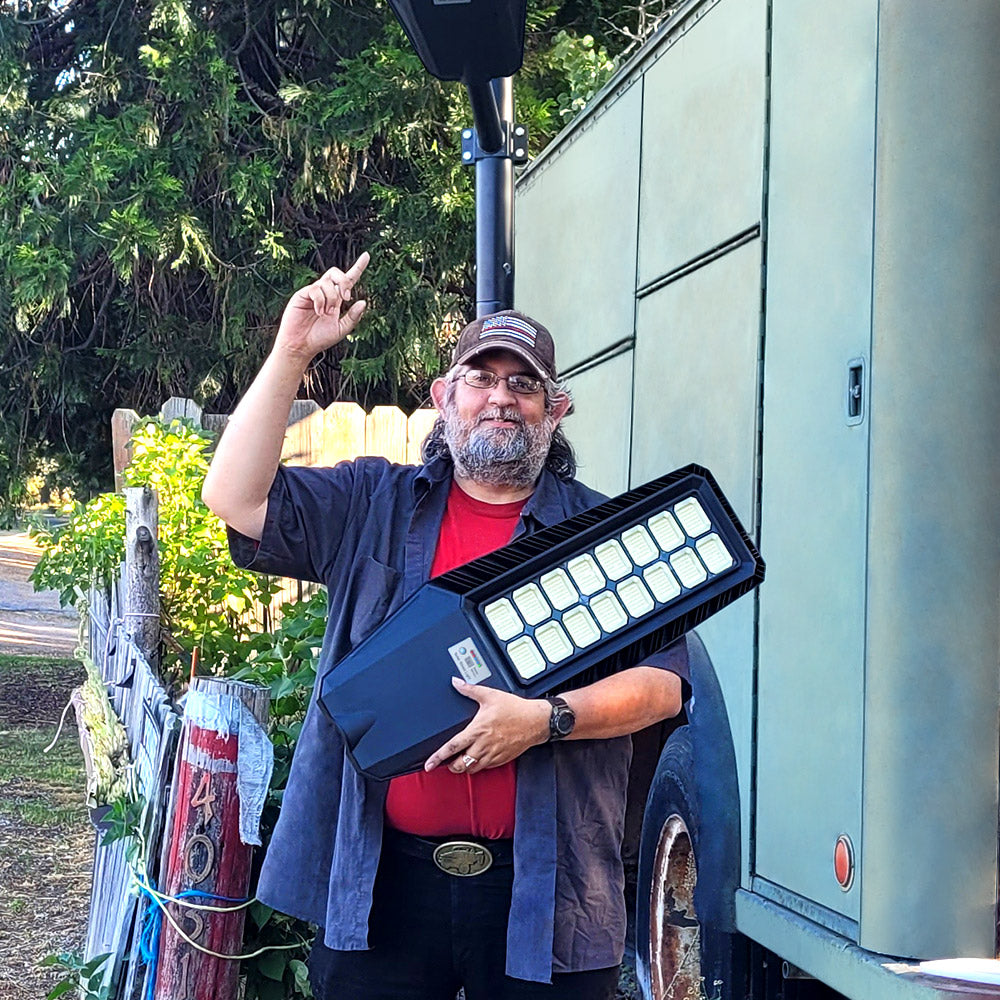
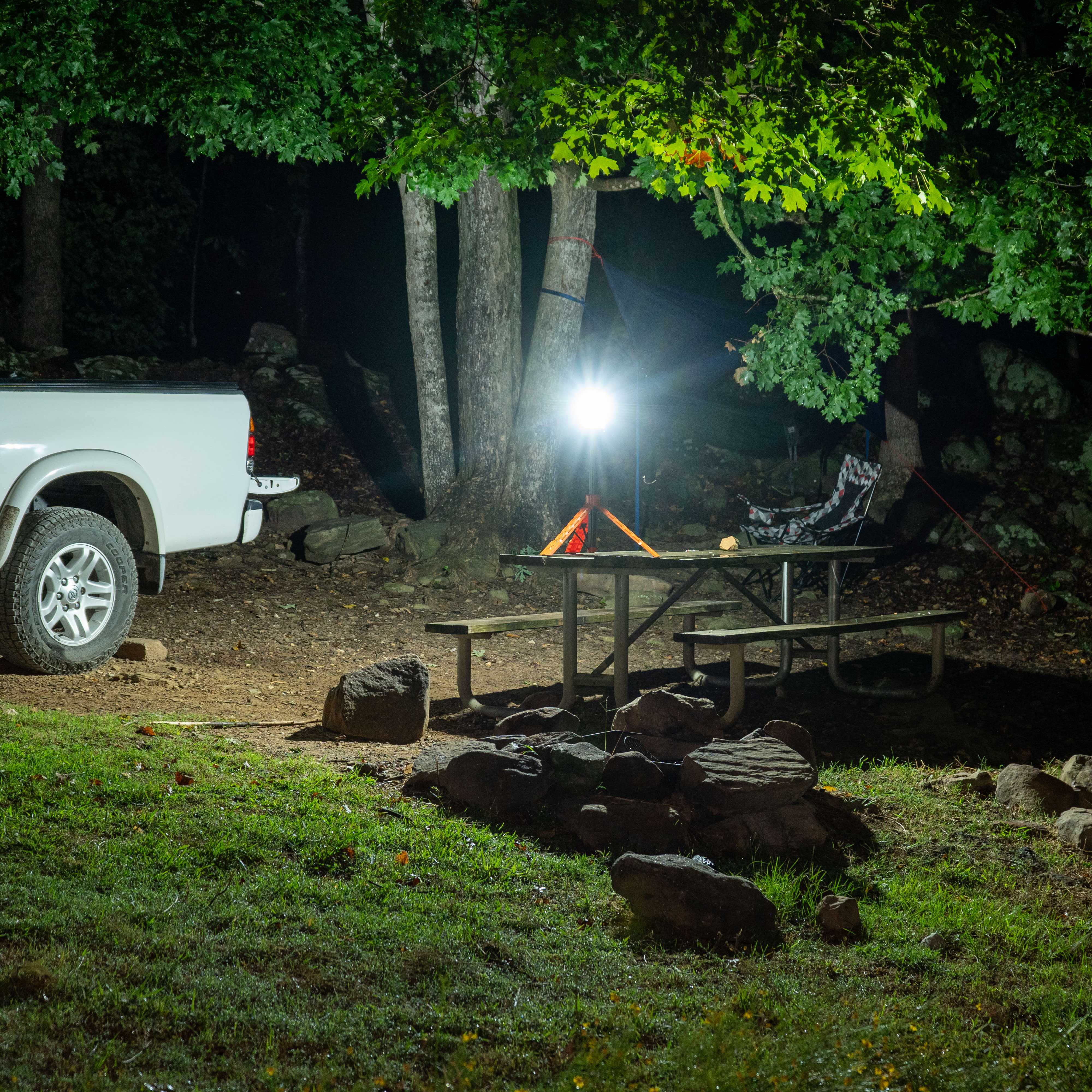
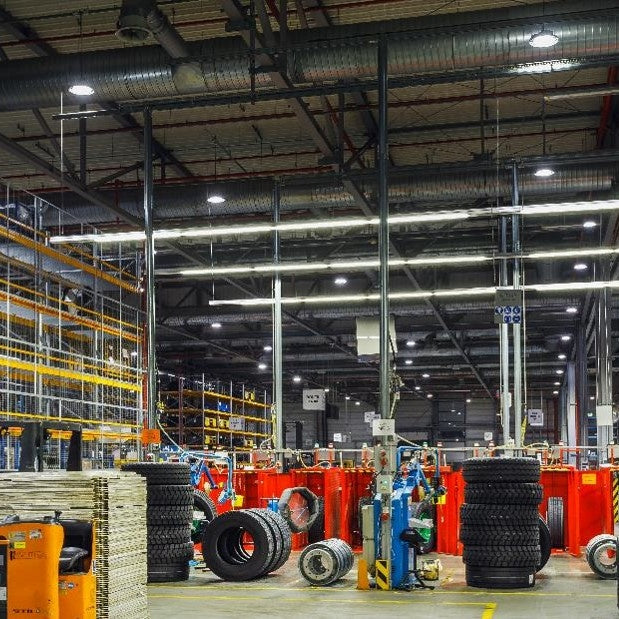
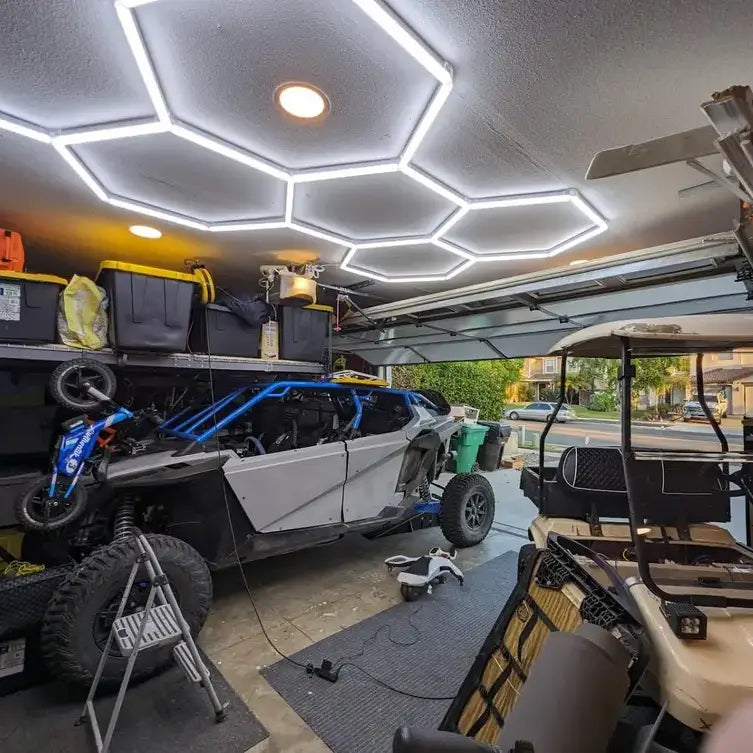
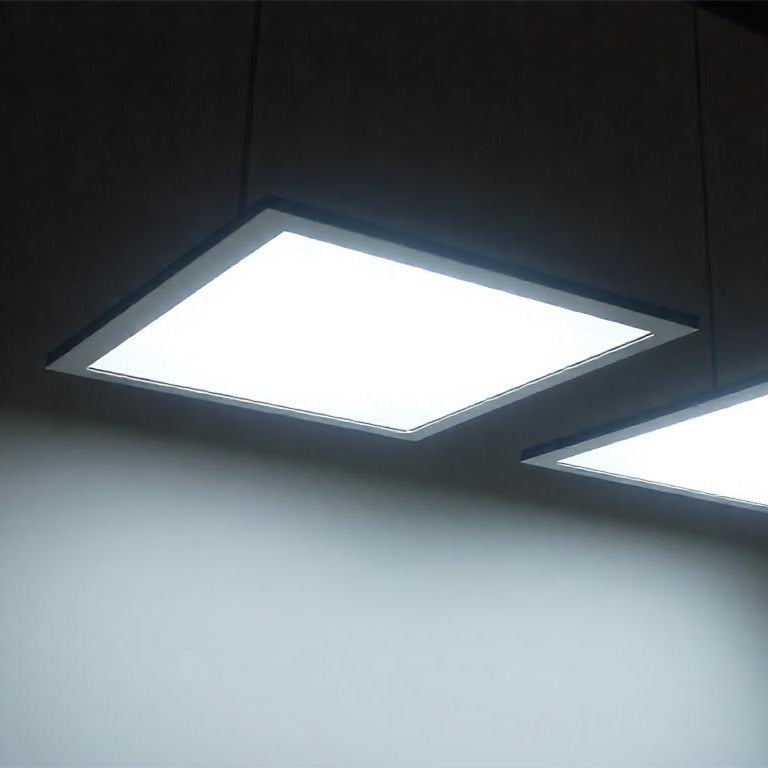
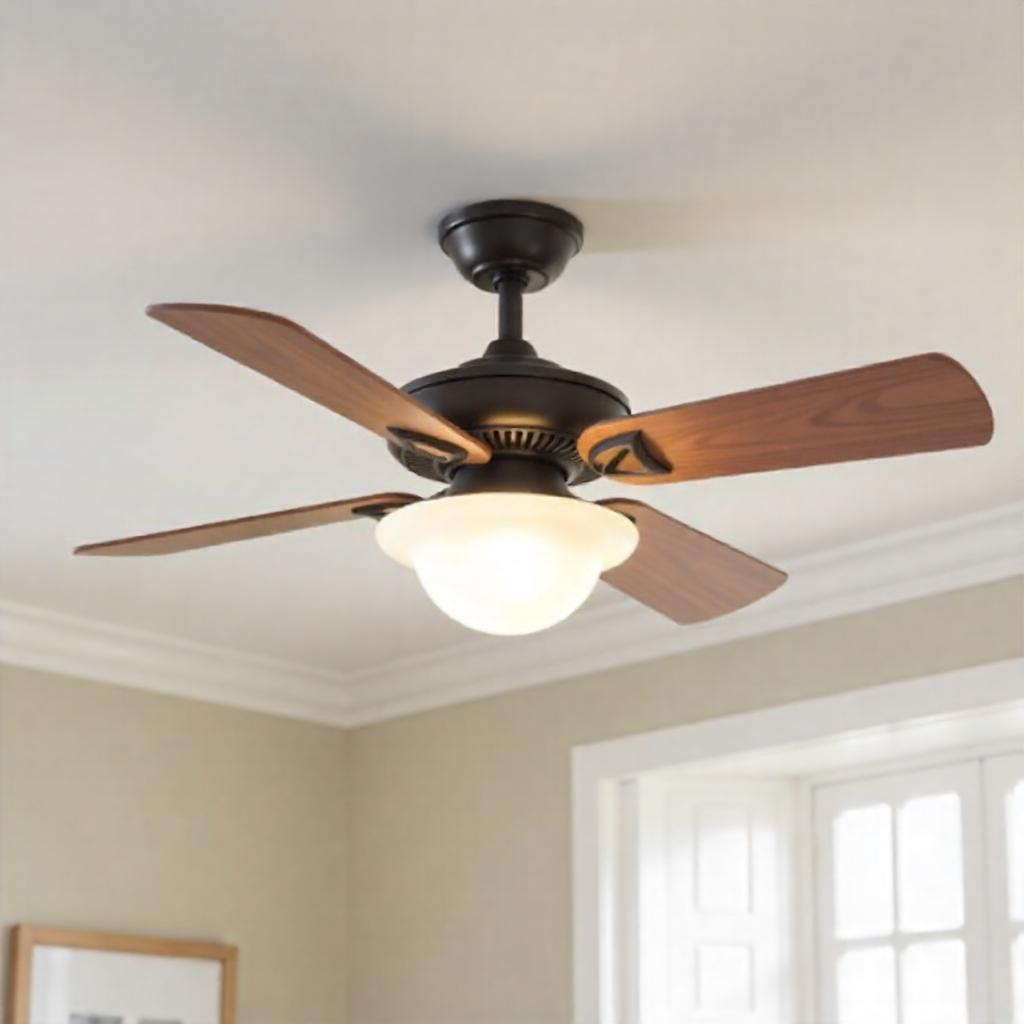
Leave a comment
This site is protected by hCaptcha and the hCaptcha Privacy Policy and Terms of Service apply.